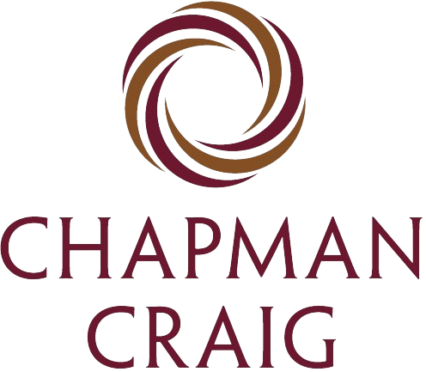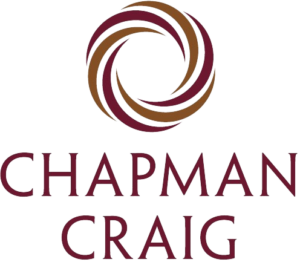The OECD has championed a framework for the multilateral automatic exchange of financial account information amongst participating countries. This framework is referred to as the Common Reporting Standard (or “CRS”). Nearly every country that has a significant financial sector has endorsed the CRS with the notable exception of the US. [Some commentators suggest that, as a result, the role of US institutions in providing sanctuary for undeclared savings is likely to increase – a charge to be evaluated in a later Note.]
If you, or a passive holding company that you control, has a bank account, or investment account held in custody, in a foreign country then it is the CRS’s intention that your home tax authorities will receive annual reports detailing (in general) account balances, income earned and distributions made from those accounts, beginning this year in some countries and in 2018 in many others.
Under the CRS mechanisms, financial institutions will report, to their own tax authorities, information about the financial accounts that they maintain on behalf of non-residents that are resident in a country that is a CRS participant. These tax authorities will, in turn, provide that information to the tax authorities of those other participating countries.
If the account holder is another financial institution then in most cases the bank does not have to report on that account. As a result, some entities may prefer to be treated as a financial institution rather than a passive, non-financial entity, so that they can better manage their own reporting.
CRS provides numerous reporting exemptions for entities that are a type that do not tend to be used for tax evasion. These include some pension funds, trusts where the trustee is reporting on behalf of the trust and certain collective investment schemes.
However, the unique nature of trusts and their role in offshore tax and estate planning, present challenges when applying definitions and rules more suitable for companies and individuals. The CRS regime treats trusts as legal entities for the purposes of establishing reporting obligations. As a result, there is the potential that trust assets will be attributed to each of the settler (even if an irrevocable trust), each mandatory beneficiary, any discretionary beneficiary receiving a current distribution, protectors and any other persons seen as controlling the trust.
By the end of 2017, most financial account holders will have been asked to complete self-certification forms addressing CRS reporting requirements. While in our view such forms are not as complicated as the FATCA driven W8-BEN-Es, they remain confusing and difficult for most clients. However, there is no question that a reasonable comprehension of the CRS regime, and the resultant reporting obligations, is a challenging proposition.
Many private banks and custody banks are now preparing CRS self-certification forms, for their account holders, that consolidate the information required under each of the CRS and FATCA regimes. This provides some relief vis-à-vis the existing W8-BEN-E and CRS self-certification forms.
Personal holding companies, often registered in off-shore jurisdictions, that simply hold financial assets managed by a financial institution on behalf of a family or individual can present difficult practical issues. These entities may well be classified as financial institutions (under a “managed by” test) under CRS. The practical consequence of this classification is that the company itself may be required to file local country reports with respect to its “Controlling Persons”, which may come as quite a surprise to their owner. We will discuss this in more detail in a later Note.




